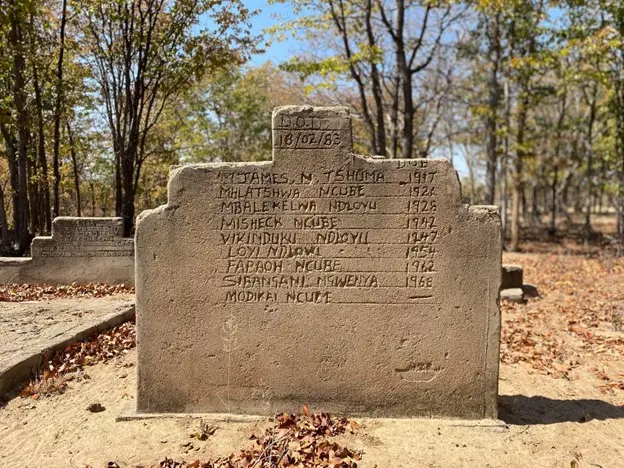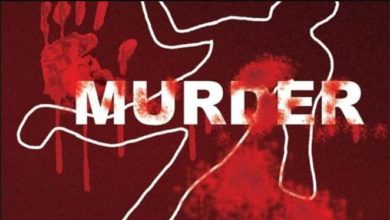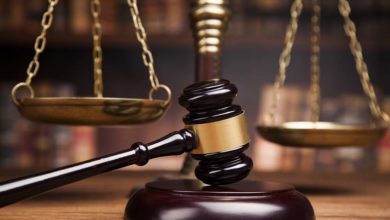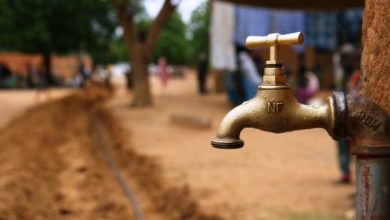Gukurahundi outreaches: Protect victims, allow media access, say churches and CSOs

Churches and Civil Society Organisations (CSOs) have called on the government to allow chiefs to lead the Gukurahundi outreach meetings independently, without constant supervision from other state entities.
They emphasised the need for open and uncensored discourse during the hearings.
President Emmerson Mnangagwa previously tasked chiefs with leading the community outreach program for addressing the Gukurahundi atrocities.
However, concerns persist among certain sections of the population regarding potential government manipulation and control over the chiefs’ activities.
“It is crucial that chiefs conduct hearings impartially, independently, and objectively, prioritizing the well-being of their citizens regardless of political considerations,” the organisations stated. “This is particularly important given the concerns raised by communities and stakeholders about the potential lack of independence among some chiefs. Doing the right thing in this process will alleviate these concerns and align with Sections 280-287 of the Constitution, as well as the provisions of the Traditional Leaders Act.”
The churches and CSOs further urged the government to guarantee that the process remains free from political interference and external control.
“The responsibility of ensuring victim well-being and information integrity should lie solely with the chiefs and their panels,” they stressed. “This means ensuring the hearings are free from any pressure or expectations regarding what can or cannot be said.”
While acknowledging the positive initiative of addressing the Gukurahundi atrocities, they expressed concerns about the current approach involving chiefs and suggested improvements to enhance its credibility and effectiveness.
“The concerns and emotional well-being of victims, as well as their safety, must be paramount throughout this process,” they emphasized. “All hearings should be conducted in a supportive manner for those testifying, free from intimidation or the presence of individuals who might evoke fear, including those in uniforms or associated with repressive arms of the state.”
They added that witness protection is essential.
“There should be no intimidation before, during, or after any hearing, of any victim or panel member,” they stated. “Since the Gukurahundi atrocities, affected communities have lived in fear of intimidation and reprisals, potentially preventing them from freely sharing their accounts. This can lead to incomplete stories or self-censorship.”
Meanwhile, they highlighted the need for a clearly defined mandate for the chiefs before the process commences.
“It has been reported that chiefs will lead this process, but there have been no official terms of reference presented in any formal way. Knowing the intention of the exercise would allow victims and the nation to judge the process on its merits and assess whether the terms were met once it concludes.”
The churches also expressed strong concern about the media’s exclusion from the chiefs’ community meetings, considering its vital role in healing and reconciliation.
“This means the outreach exercise will occur behind a veil of secrecy, preventing victims and survivors in other areas from knowing what happened elsewhere. Crucially, excluding the media hinders nationwide awareness of the Gukurahundi events. Zimbabweans in other provinces need to see and hear the testimonies to understand how language and ethnicity were weaponized and why affected communities remain traumatized even by hearing the Shona language.”
They emphasised that addressing the Gukurahundi atrocities should not be limited to Matabeleland and Midlands but treated as a national issue.
“While the media and the nation have a fundamental right to know the truth, there may be instances where this needs to be balanced with the right of victims to share their narratives without fear of public humiliation. There should be no blanket ban on the media. Any limitations on media coverage must be based on individual cases, be rational, and justifiable within a free, open, and democratic society.”






